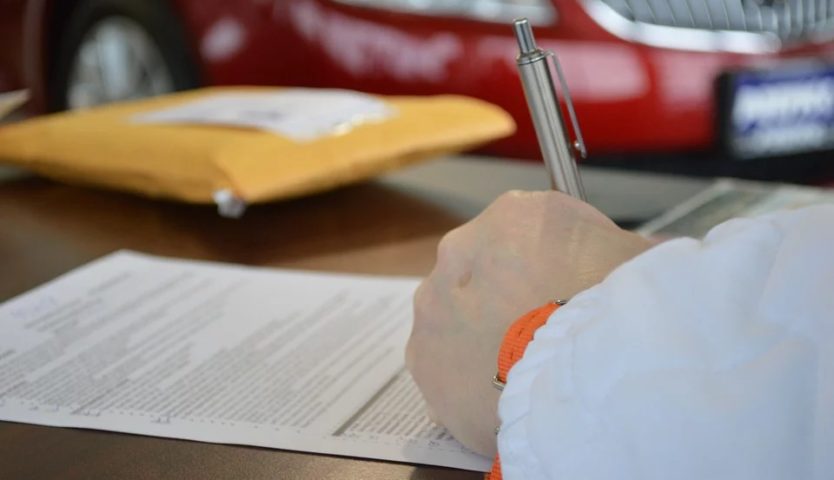Losing a loved one is understandably a very difficult and emotional time for most Ontario residents. Unfortunately, whenever there are disputes that occur in the aftermath of a loved one’s passing, this can ratchet up tension and stress to unimaginable levels.
If you are now facing these daunting circumstances, it may benefit you to gain an understanding of all the ins and outs involved with the challenging of a will. There are several reasons you might have to potentially contest a will, including the following:
- The will does not bear witnesses’ signatures.
- The testator – the person to whom the will belongs – was not mentally capable at the time of the writing of the will.
- Undue influence resulted in the making of the will.
What specific steps must you take?
There is a process you must follow when you don’t agree with the contents of a will. In Ontario, the first thing you will need to do is to file a Notice of Objection with the court.
This objection prevents the court from automatically initiating the process of issuing a Certificate of Appointment of Estate Trustee (known as probate), and instead, it keeps the will you are questioning on file until the objection is removed. The applicant is made aware of your notice, and all issues must be resolved before proceeding to probate.
By filing a notice, you will be spurring on the litigation process that leads to the next step: Motion for Directions, which results in a judge determining how to conduct proceedings for your case.
Who handles the estate during litigation?
If you are challenging a will, then obviously, you don’t agree with some or all of the will’s contents. This may also mean you have some disagreement over who should administer the deceased person’s estate or who should be the executor. Once you have filed the Notice of Objection, the executor won’t be able to get a Certificate of Appointment, and the court may appoint an Estate Trustee During Litigation (ETDL) who will do things like pay bills and look after assets until the validity of the will and the executor named within the will are verified.
Third-party evidence
A court will want to see evidence such as medical reports, lawyer’s files, financial records and the like, of the deceased person prior to making a ruling. If there is no one who can legally obtain these files, an Order Giving Directions would allow the release of them.
Where can you turn for help and support?
Due to the myriad of legalities involved, those who are considering challenging a will in Ontario could benefit from taking advantage of the professional resources available to them before moving forward with a challenge. Obtaining experienced legal counsel may prevent you from making costly mistakes during this complex process, increasing your odds of achieving your desired outcome.






